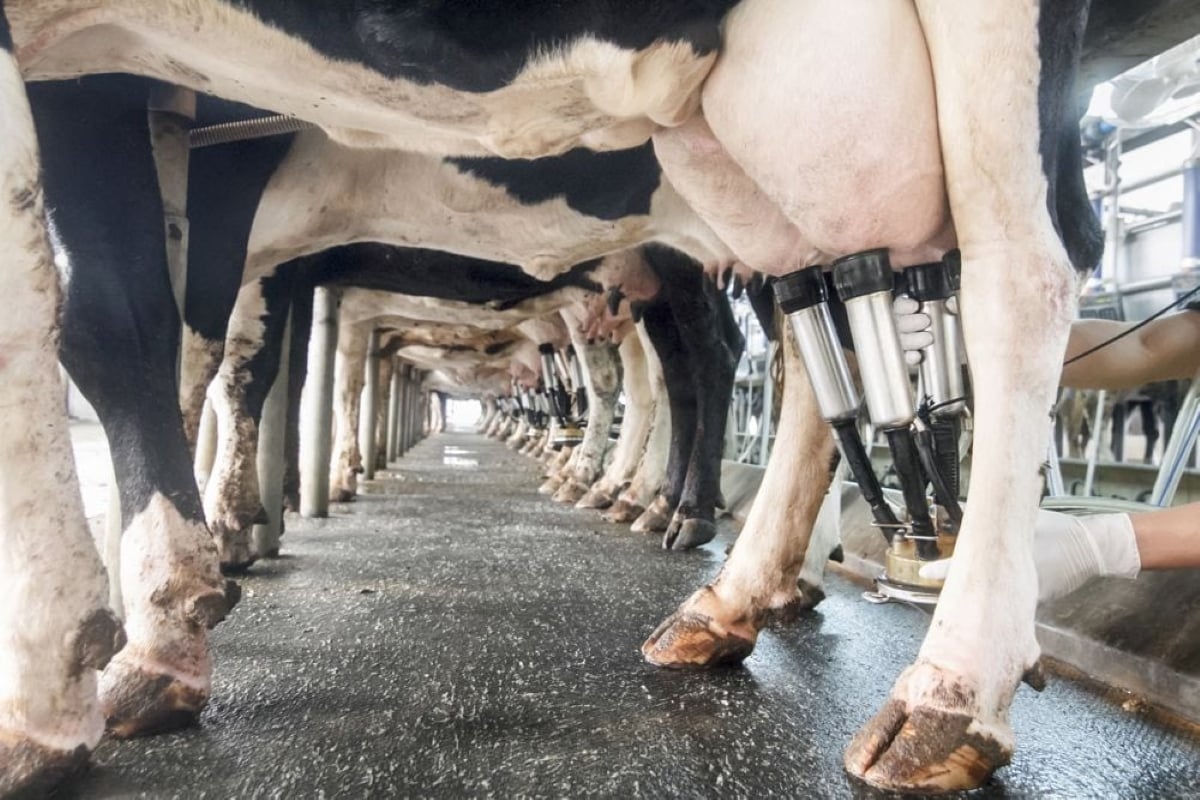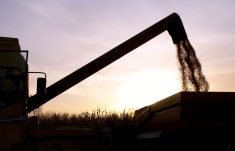The Ontario government will provide financial help to beekeepers suffering severe colony losses in 2014.
Beekeepers with more than 10 hives, who lose over 40 percent of their colonies this year, are eligible for $105 in compensation per hive.
“We want to keep honey bee colonies strong going into the growing season while we continue working with the industry to support long-term sustainability for beekeepers and the health of all pollinators,” Ontario premier and agriculture minister Kathleen Wynne said in a statement.
The compensation isn’t part of a long-term program. It applies only to bee losses for 2014.
Read Also

Farm gate milk price to rise in 2026
The Canadian Dairy Commission will raise its farm gate milk price by 2.3255 per cent in February, the Crown corporation announced on Friday.
The Ontario Beekeepers’ Association appreciates the support but the organization wasn’t asking for compensation for winter losses, said Tibor Szabo, a beekeeper from Moffat, Ont.
“We’re happy that they’re at least throwing (us) a bone,” said Szabo, OBA vice president. “But what we were asking for was compensation for the past two years of losses that are documented as pesticide losses.”
Insecticide-laden dust from corn planters killed thousands of bees at dozens of apiaries in 2012 and 2013. The incidents prompted the OBA, the Sierra Club and a number of organizations to lobby for a ban on neonicotinoid seed treatments, which are applied to the majority of corn and soybean seeds in Ontario.
Szabo said the provincial compensation is misdirected. Beekeepers have control over winter losses but they have no control over pesticide kills.
“We’re not interested in compensation for traditional bee issues,” he said. “Beekeepers are really good at keeping their bees healthy. That’s what they do for a living.”
Szabo hasn’t checked all of his hives because it’s been a cool, late spring in Ontario. He said his colony losses will likely be higher than 40 percent this year.
“I’m going to definitely qualify for it (provincial compensation).”
The OBA also said, in a press release, that $105 per hive is inadequate.
“Actual costs, which include loss of income from reduced honey sales and pollination services, additional production to make up for lost colonies and the cost of replacing bees and comb containing pesticide residues, are estimated by the OBA at $500 per hive.”















